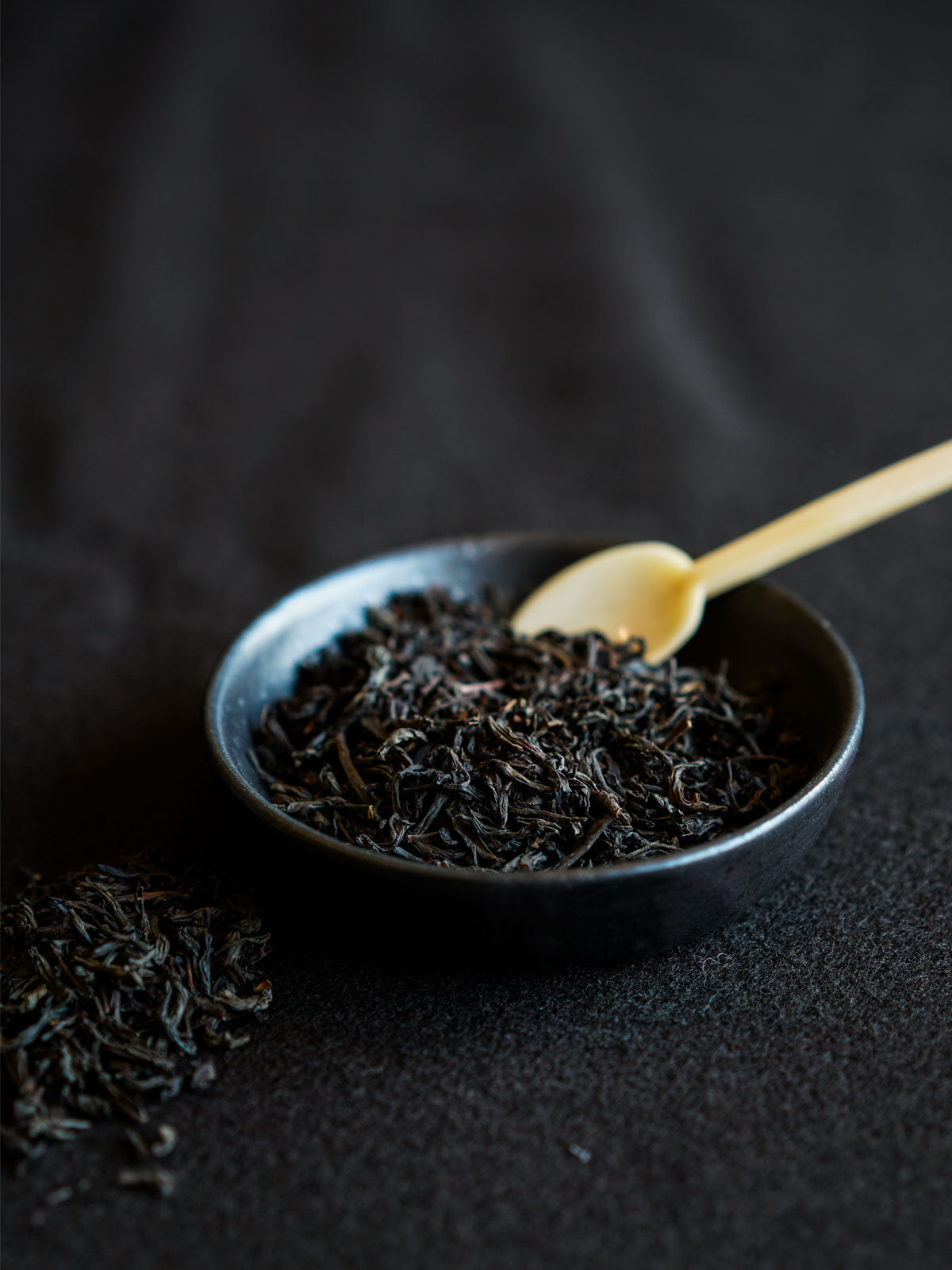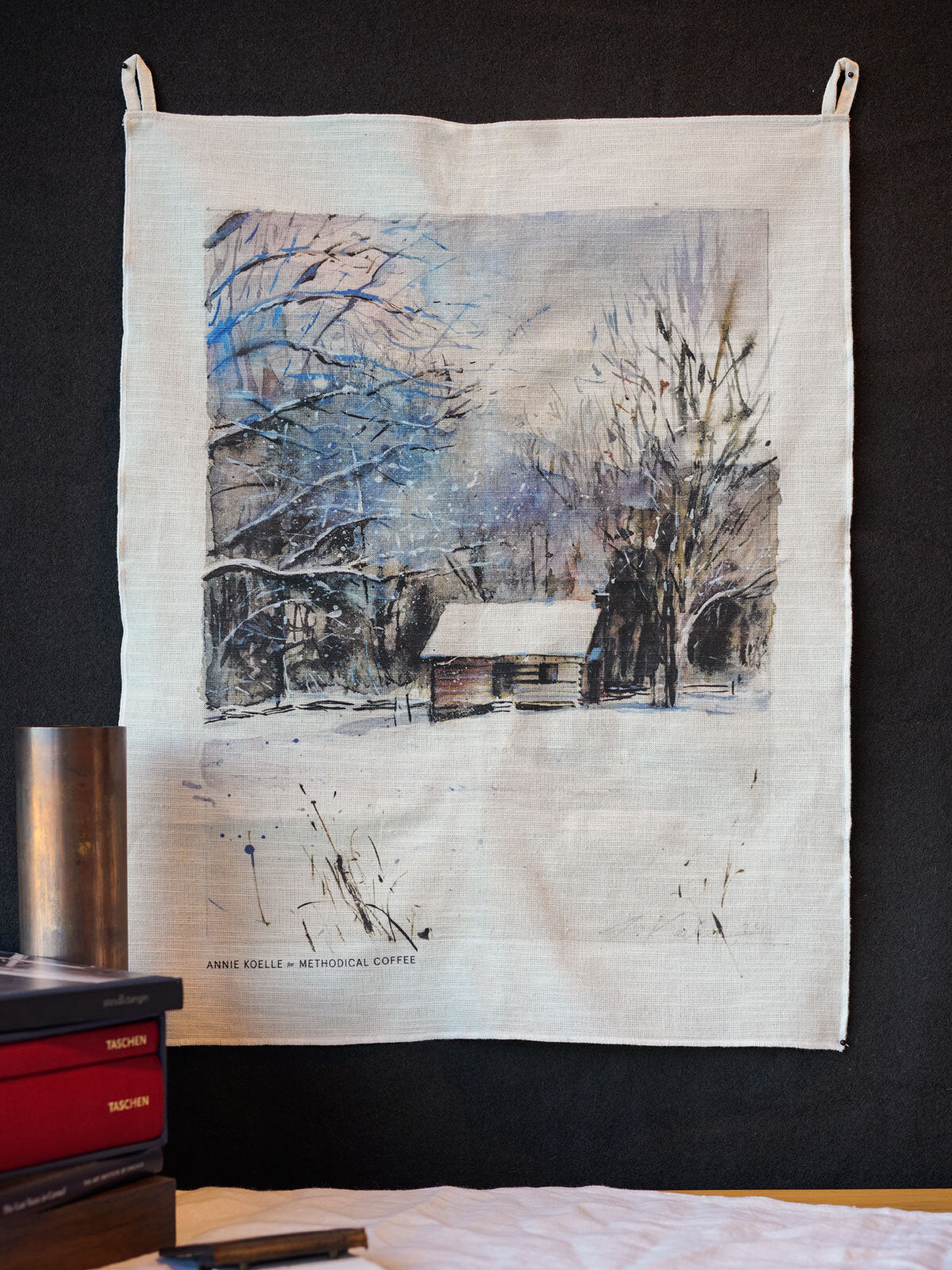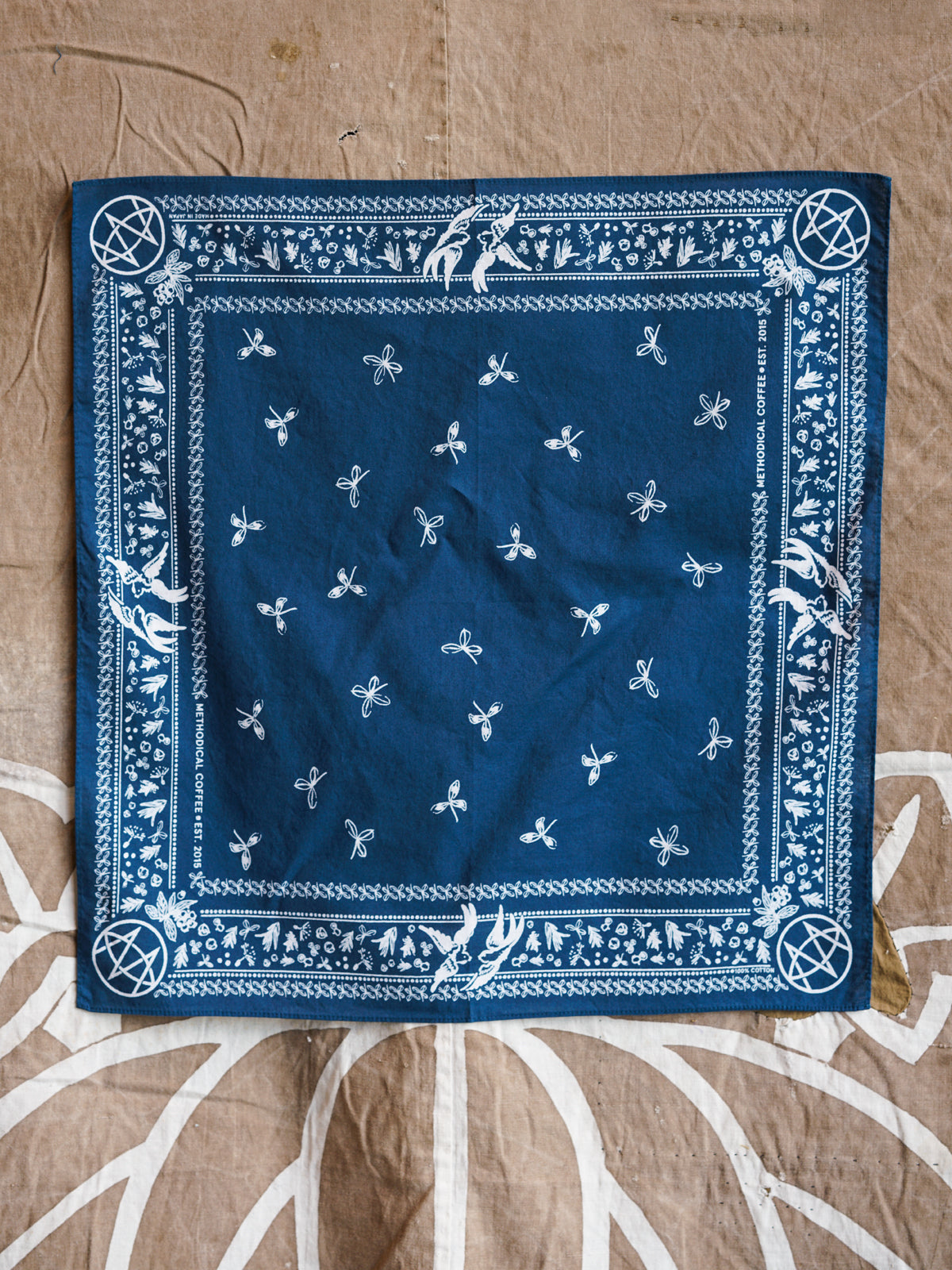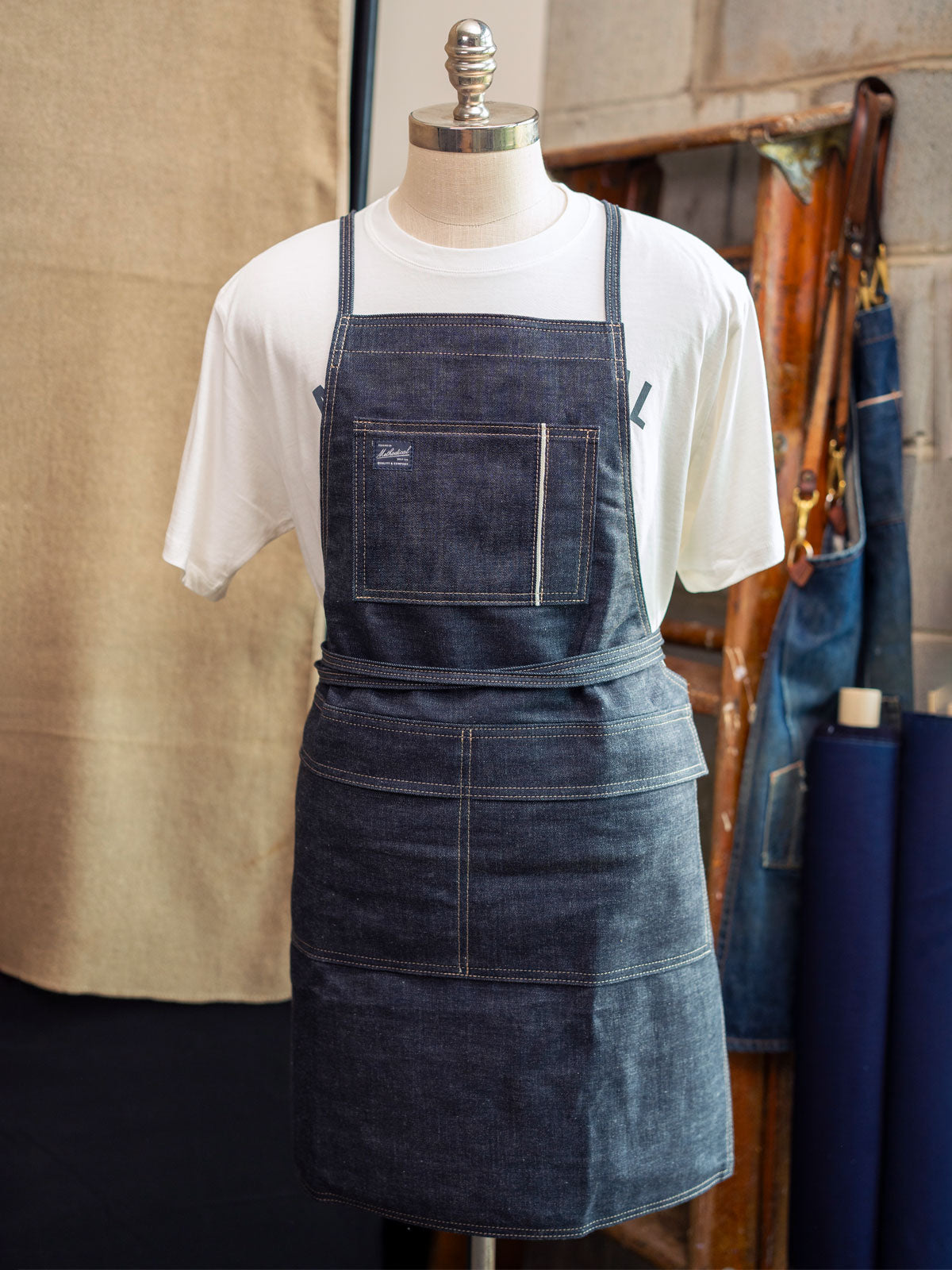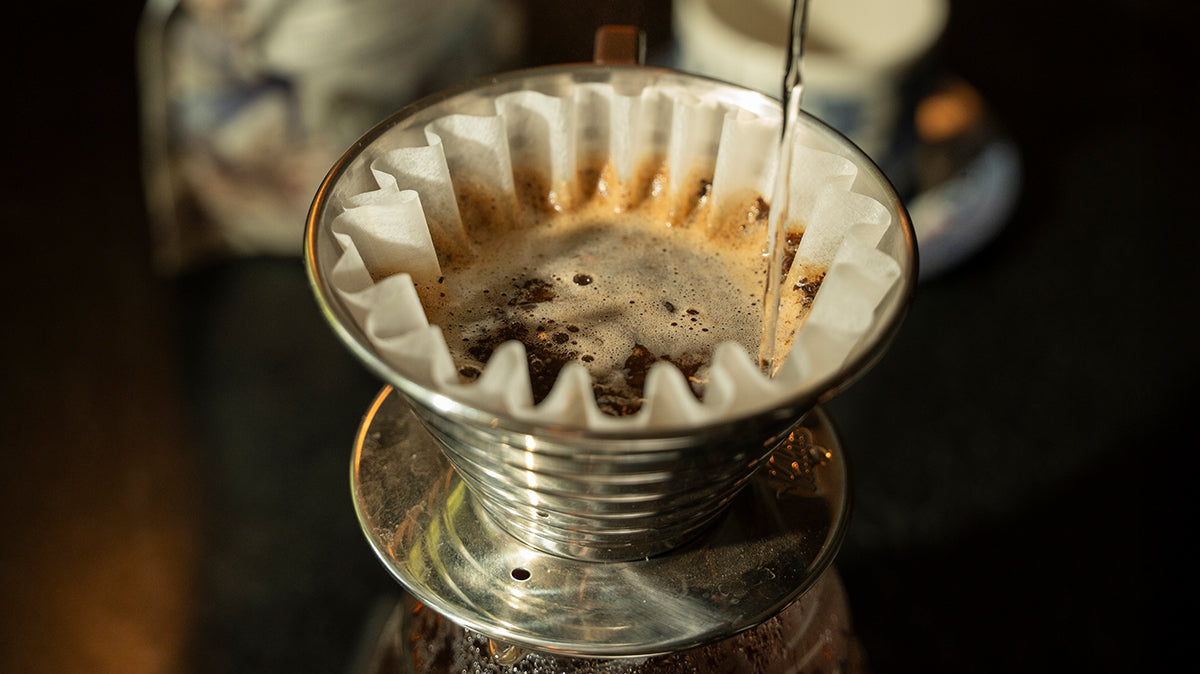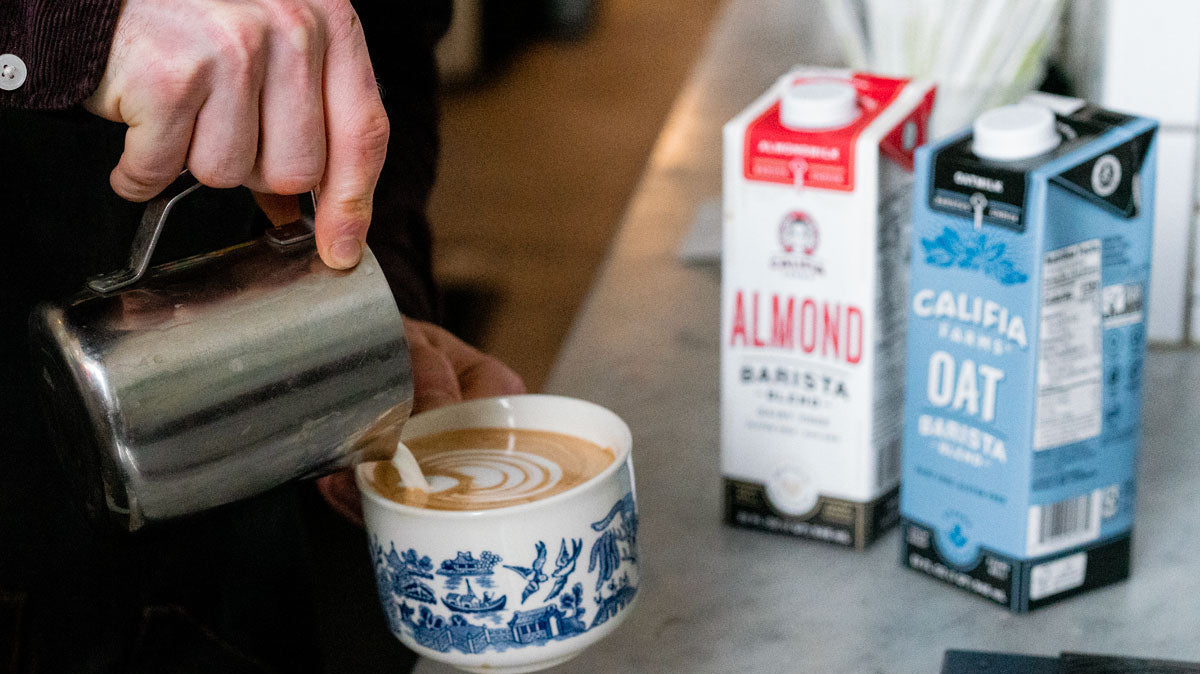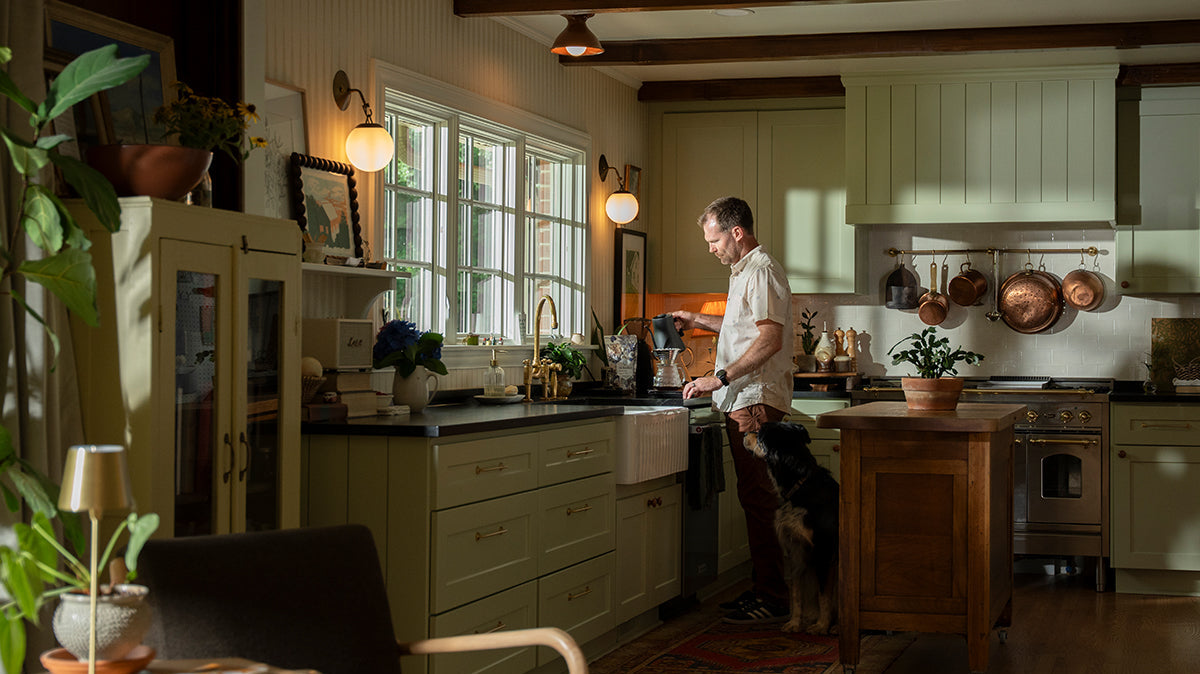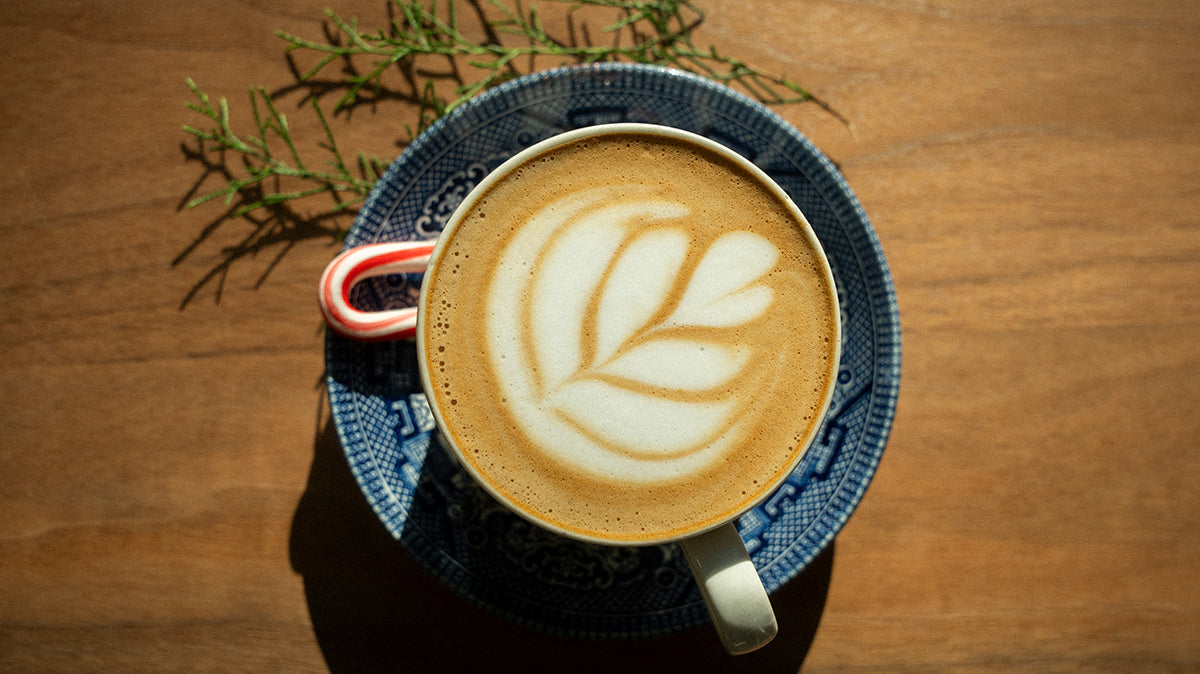You can’t brew coffee without water. Next to the beans themselves, it’s the most important ingredient, making up around 90% of an espresso shot and 98.5% of a cup of coffee. But more than that, the type of water you use can significantly impact how your coffee extracts and tastes. If you’ve ever noticed the same roast tasting different at home than it does at your favorite café, your water might be to blame.
In this guide, we’ll explore how water affects the taste of coffee and which types of water help you brew a perfect cup.
How does water impact the taste of coffee?
Water acts as a solvent during brewing, pulling flavor compounds from the coffee grounds and carrying them into your cup. The minerals in your water—especially calcium, magnesium, and potassium—play a critical role in what’s extracted and how it tastes. The balance of these minerals can make or break your brew.
Key factors like total dissolved solids, water hardness, alkalinity, and chlorine content all influence how water interacts with coffee, and ultimately, how your coffee tastes.
Total dissolved solids (TDS)
Total dissolved solids, or TDS, is a standard measurement for coffee water quality. It refers to the total concentration of dissolved substances in water, including inorganic salts and organic matter, measured in parts per million (ppm). You can easily check the TDS of your tap water using a TDS meter.
The Specialty Coffee Association (SCA) recommends a TDS around 150 ppm for optimal brewing, though different roasts may benefit from slightly higher or lower levels. Water with a TDS below 75 ppm typically results in watery, under-extracted coffee, while water above 250 ppm can lead to over-extraction and muddled flavors. Just note: TDS is a general measurement—it doesn’t reflect the specific makeup of minerals that directly impact flavor.
Water hardness
Water hardness is determined by the concentration of calcium and magnesium. Hard water has a higher mineral content than soft water, which often gives it a fuller, more pleasant taste on its own and during brewing.
While moderate hardness enhances extraction, water that’s too hard can draw out bitter notes and lead to mineral buildup (scaling) in your coffee or espresso machine. On the other hand, very soft water lacks the minerals needed for balanced extraction and can produce flat, underdeveloped flavors. If your tap water is especially hard, consider using softened water for better results.
Alkalinity
Alkalinity is water’s ability to buffer acids—essentially, its resistance to pH changes. It helps moderate coffee’s natural acidity during brewing. Water with low alkalinity can make coffee taste overly acidic or sour, while too much alkalinity can suppress brightness and flatten the flavor profile.
The ideal pH range for brewing water is between 6.5 and 7.5, and a 2:1 hardness-to-alkalinity ratio is considered the ideal balance. Carbonates and bicarbonates are the primary contributors to alkalinity in water.
Chlorine
Chlorine and chloramine are common disinfectants added to tap water during municipal treatment, but even trace amounts can negatively affect coffee flavor. They often produce sharp, bitter, or chemical-tasting notes in brewed coffee.
Even if you can’t taste chlorine in your drinking water, it can still impact extraction and intensify bitterness in your cup. Fortunately, most water filters, particularly those with activated carbon, can effectively remove chlorine and other water treatment compounds before brewing.
Types of water for coffee brewing
As simple as it seems, not all water is created equal. Some types can noticeably impact the taste of your coffee, for better or worse.
Distilled water
Distilled water is created by boiling water into steam, then condensing it back into liquid—removing nearly all minerals and impurities in the process. It typically has a TDS of 0–5 ppm and should not be used on its own for brewing coffee or espresso.
Without minerals, distilled water produces flat, under-extracted coffee. While it won’t cause limescale buildup, it can leach minerals from your equipment over time, leading to corrosion. However, if you remineralize distilled water with the right balance, it can become an ideal base for brewing.
Reverse osmosis (RO) water
Reverse osmosis water is filtered through a semipermeable membrane, removing contaminants, molecules, and most dissolved minerals. Like distilled water, RO water is safe to drink but lacks the minerals needed for proper coffee extraction.
Some RO systems include a remineralization or tap water bypass feature, which blends in a small percentage of mineral-rich water. If your system offers this, it’s a great way to reduce impurities without sacrificing brew quality.
Tap water
Tap water is treated by municipalities to be safe for drinking. It often contains added minerals for taste, as well as treatment chemicals like chlorine, chloramine, and fluoride. While these compounds are necessary for removing contaminants, they can give your coffee an unpleasant, bitter taste.
Tap water quality varies widely depending on your location. If your coffee tastes inconsistent or overly harsh, your tap water could be the reason.
Filtered water
Filtered water is typically the best option for most home brewers. A high-quality pitcher or fridge water filter can remove chlorine, heavy metals, and other impurities without removing minerals like calcium and magnesium. Filtered water tends to taste better and helps create a well-extracted, flavorful cup of coffee.
Alkaline water
Alkaline water has a higher pH (typically around 8–9) and contains higher levels of magnesium and calcium. In some cases, this can enhance flavor extraction. However, the higher pH can also neutralize coffee’s natural acidity and mute its nuance, especially in lighter roasts. You can use alkaline water to brew coffee, but it’s not ideal for achieving a consistently balanced, flavorful cup.
Bottled water
When you’re traveling or your tap water isn’t great, bottled water can be a reliable alternative. Spring water is usually best, thanks to its naturally balanced mineral content. Just be sure to check the label: avoid brands labeled as “purified by reverse osmosis,” which lack the minerals needed for coffee.
What kind of water makes the best-tasting coffee?
For most home brewers, filtered water is the best option. It strikes the right balance between convenience and quality, preserving essential minerals for extraction while removing chlorine and other foul-tasting impurities that can ruin a brew.
But filtered water isn’t the only way to make great coffee. The best water for brewing typically meets these parameters:
-
Chlorine-free
-
Around 150 ppm TDS
-
Around 40 ppm alkalinity
-
Free of scale-forming minerals
-
Heated to 195–205°F when brewing
These guidelines work well across different brew methods and coffee roasts. If you’re looking to fine-tune your flavor, try experimenting with water types like remineralized distilled or RO water, alkaline water, or spring water.
Best water for coffee machines
Because you use a higher ratio of coffee to water for drip coffee, it’s usually most convenient to use filtered water. But if your tap water is especially hard, it can cause limescale buildup on your coffee maker. Mineral blends like Third Wave Water can be added to distilled or RO water for brewing flavorful coffee without damaging the machine.
Best water for espresso
Espresso machines are particularly vulnerable to scale because they heat water under pressure. Avoid using hard water or unfiltered tap water, which can quickly lead to costly maintenance issues.
For the best espresso, consider these low-scale water options:
-
Third Wave Water (Espresso Profile): A mineral blend designed for distilled or RO water that enhances flavor and protects your machine.
-
RPavlis Water: A well-known solution that uses potassium bicarbonate (10 g in 1 L of distilled water concentrate). Add just 1 mL of concentrate per liter of brewing water. It’s scale-free and yields balanced, smooth shots.
-
DIY baking soda + Epsom salt mix: Add 0.1 g baking soda and 0.12 g Epsom salt to 1 L of distilled water for a simple solution that brews flavorful espresso with low risk of mineral buildup.
Descaling coffee and espresso machines
Even if you use filtered or softened water, descaling your coffee equipment every few months is essential. It removes mineral buildup that can affect temperature, water flow, and flavor, and helps extend the life of your machine.
To descale your drip coffee maker, run a brew cycle with a 1:1 solution of water and white vinegar. Pause halfway through the cycle to let the solution soak, then finish the cycle. Run two to three water-only cycles afterward to rinse thoroughly.
For espresso machines, follow your manufacturer’s guidelines. If vinegar is safe for your model, fill the reservoir with a 1:1 water-vinegar solution and run it through the brew head. Rinse the tank, then flush the machine with plain water until the vinegar taste is gone. Alternatively, you can use a commercial descaling solution designed for espresso machines.
Learn more: How to Clean Your Espresso Machine
Best water filters for coffee
Filtering your water can make a big difference in your brew. Here are a few options that help ensure your water is clean, balanced, and flavorful for the perfect cup of coffee or espresso shot every time.
Brita Water Filter Pitcher
One of the most popular and widely available filter systems, Brita removes chlorine, lead, mercury, microplastics, and other common contaminants. It delivers clean, neutral-tasting water that’s ideal for brewing coffee at home.
Ehm Alkaline Water Filter Pitcher
If you’re interested in alkaline water, the Ehm filter pitcher boosts pH levels and adds beneficial minerals while removing acidic compounds, toxins, and free radicals. It’s a solid choice if you enjoy a smoother, low-acid brew, but it may slightly mute the brightness of some coffees.
Express Water RO Alkaline System
This under-the-sink reverse osmosis system purifies water thoroughly, then reintroduces essential minerals for flavor. It’s a convenient option if your tap water is especially hard or high in unwanted compounds—no need to mix minerals yourself.
Commercial-grade water filtration systems
Many coffee shops invest in commercial-grade reverse osmosis systems with remineralization bypass valves to get the best water for coffee. Ideal for high-volume or specialty brewing, these systems offer maximum control over water composition and flavor extraction.
Great coffee deserves quality water
If you’re putting care into the coffee you brew, don’t overlook the water. From mineral content to pH levels, water plays a major role in how your coffee tastes—shaping clarity, balance, and overall flavor. Dialing in your water is one of the simplest ways to elevate your brew.
And of course, great water deserves great coffee. Our whole bean coffees are thoughtfully sourced and expertly roasted to bring out the best in every cup. When paired with the right water, they provide café-quality coffee right at home.
Explore our collection of light-, medium-, and full-bodied coffee beans to find the perfect fit for your taste.
You might also like:


